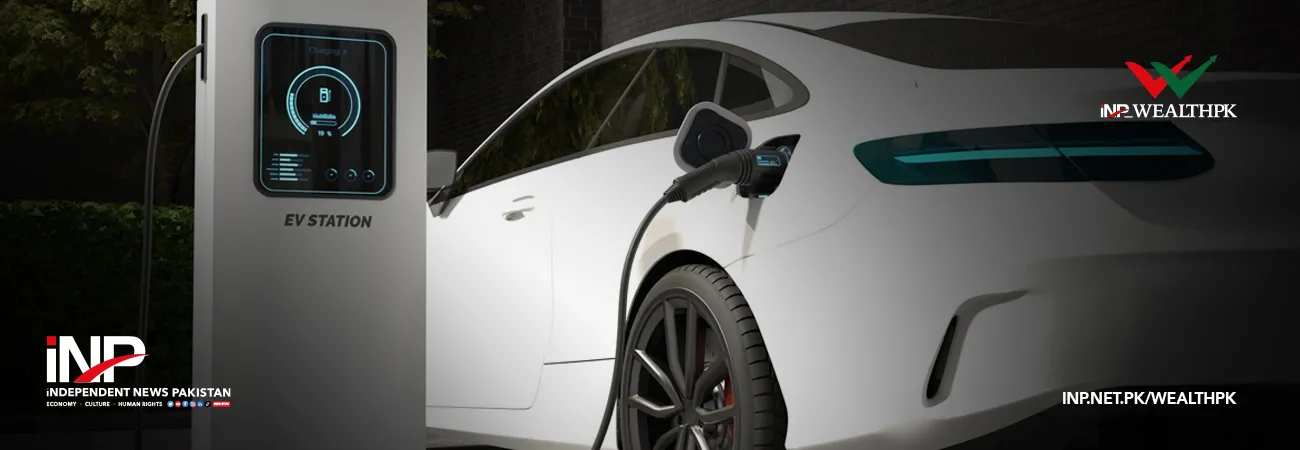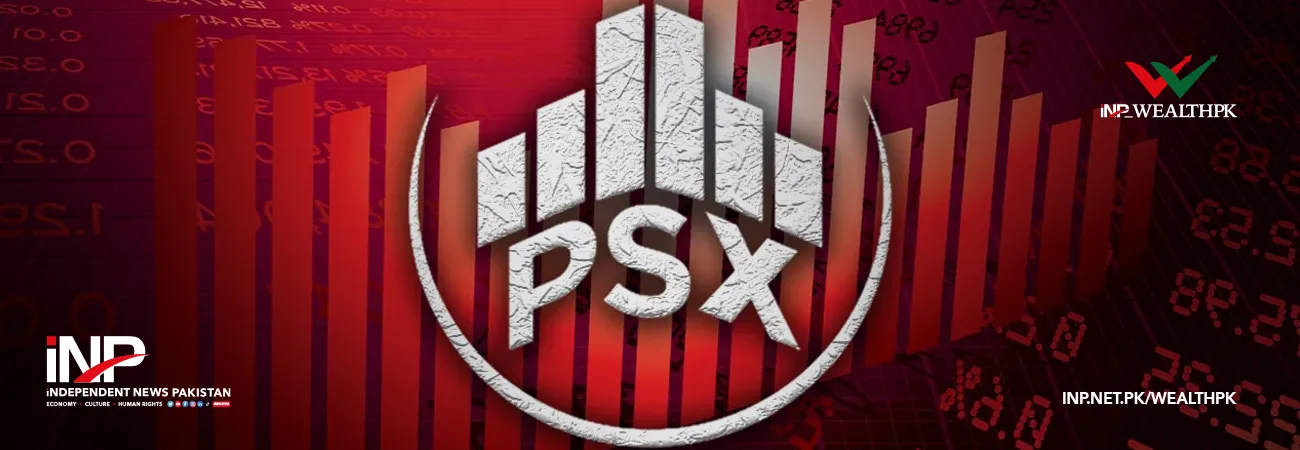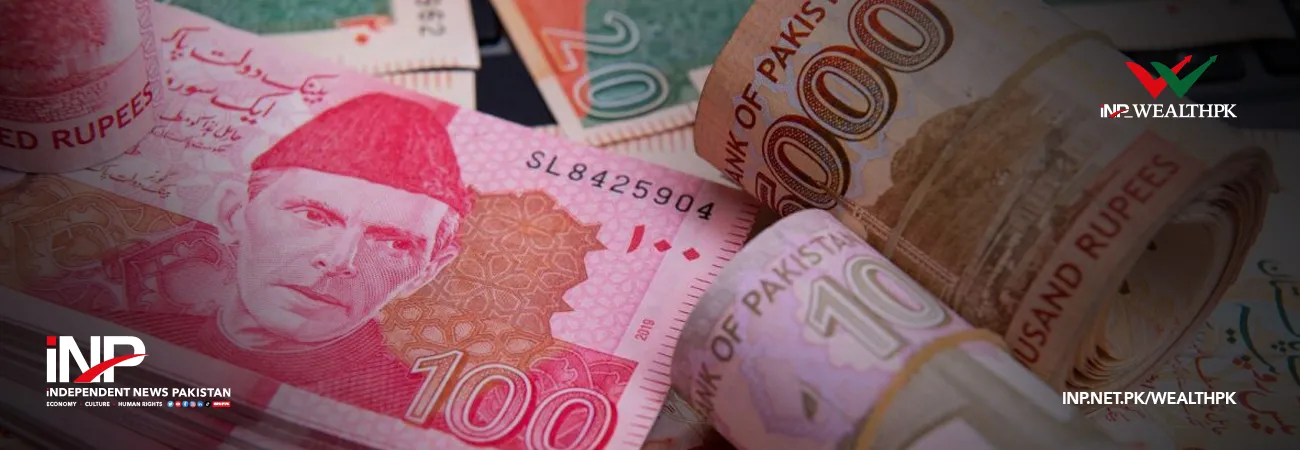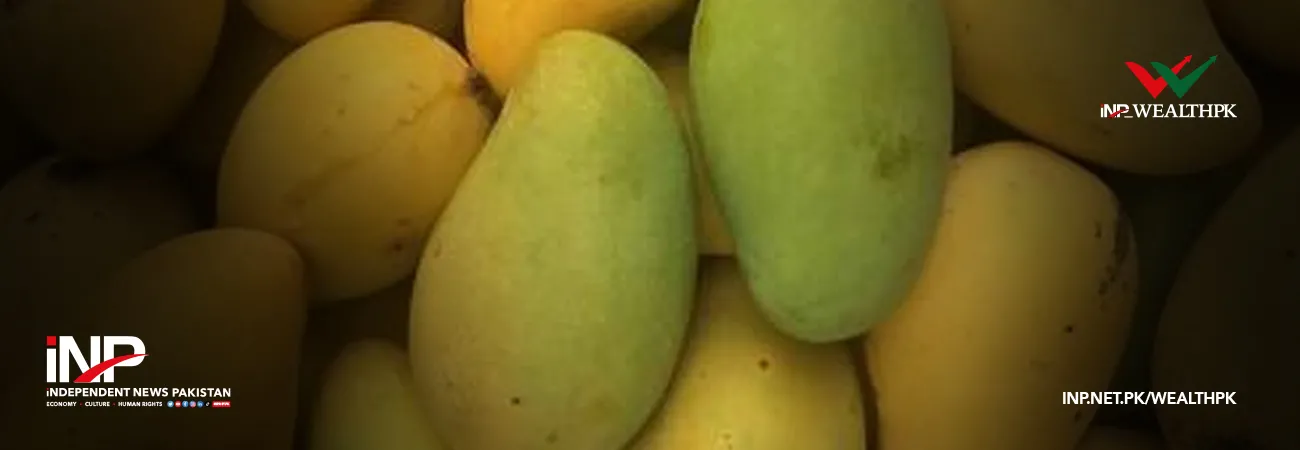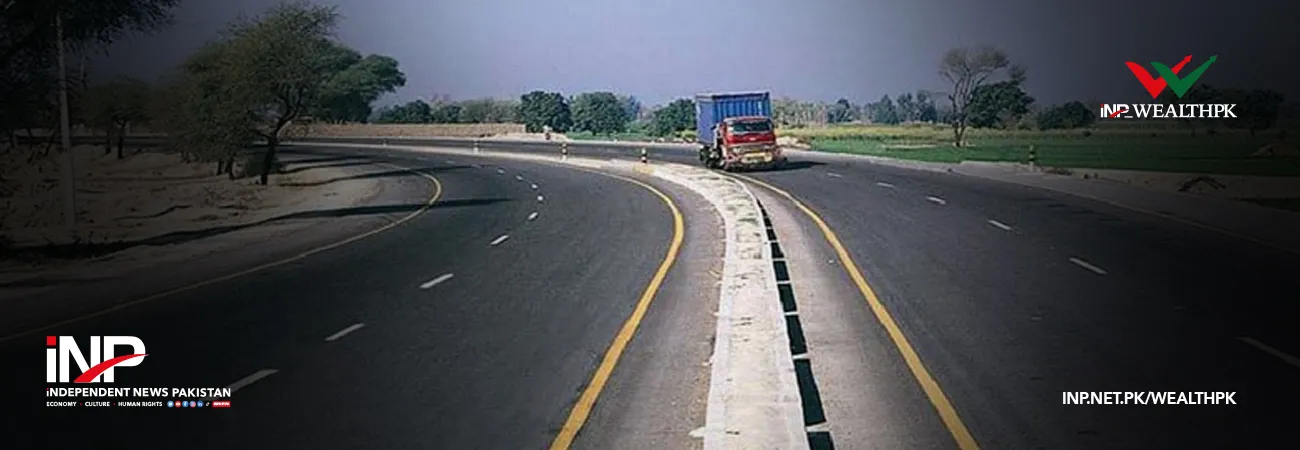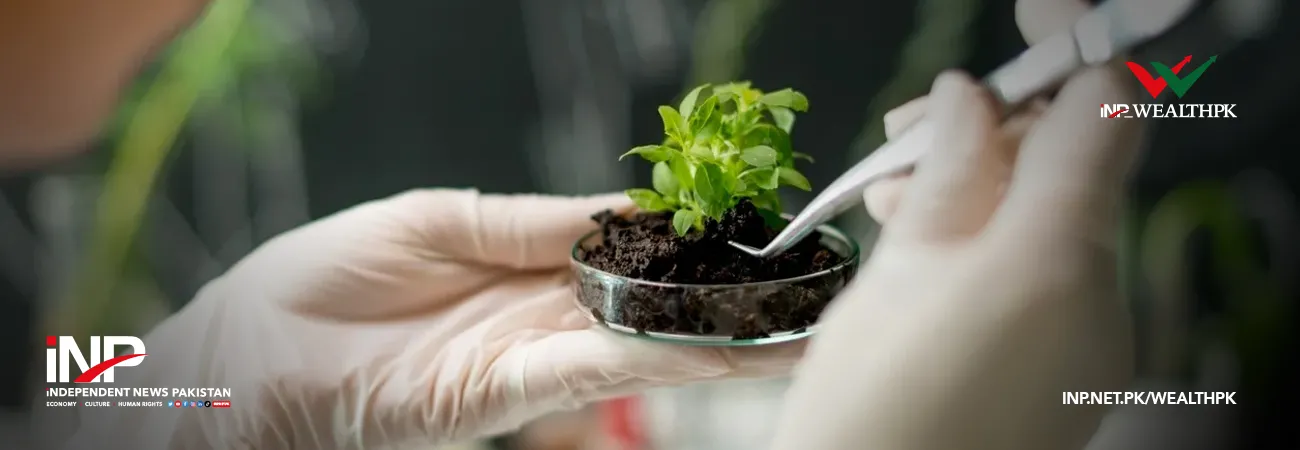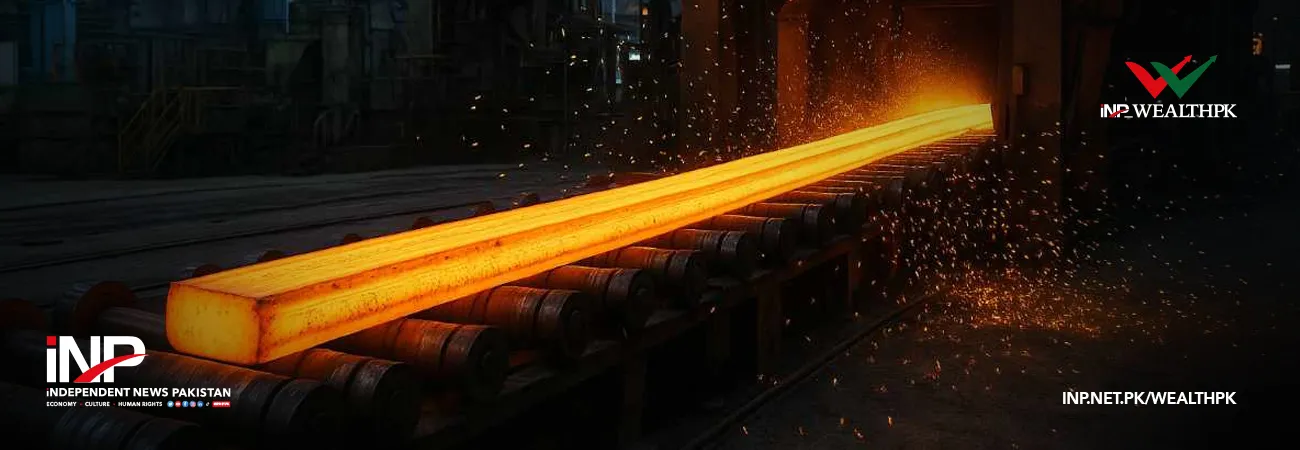INP-WealthPk
Shams ul Nisa
The Attock Petroleum Limited (APL) has partnered with the National Energy Efficiency and Conservation Authority (NEECA) to lead Pakistan's electric vehicle (EV) revolution, reports WealthPK.
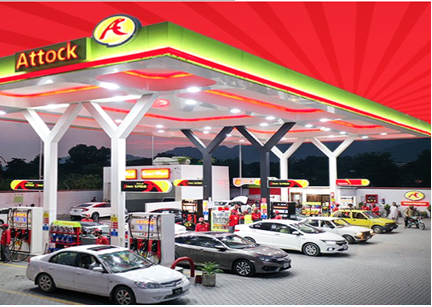
The partnership is working to streamline the EV charging protocols nationwide, making it easier and more efficient for everyone to charge their EVs. This initiative aligns with Pakistan's broader goals of reducing its carbon footprint and enhancing energy efficiency. According to the financial results for the first quarter of the ongoing fiscal year of 2025, the company recorded a decrease of 17% in the net sales revenue compared to the previous year, mainly due to the decreased demand from industrial activity, sluggish auto sales, and inflationary pressure. Additionally, international oil prices also declined during the review period, resulting in inventory losses and reduced gross profit of the company.
Furthermore, as per the results on the Pakistan Stock Exchange (PSX), the company recorded a profit after tax of Rs2.385 billion, a 55% decrease from the previous year, leading to earnings per share of Rs19.17. However, the company witnessed an increase in finance income and lower exchange loss helped mitigate the negative impact on net profitability. NEECA plays a critical role in formulating policies that promote energy efficiency across various sectors in Pakistan. By working closely with APL, NEECA aims to create a framework that encourages both public and private investments in EV infrastructure. This collaboration is expected to attract significant funding from international organizations and investors interested in supporting Pakistan's green initiatives.
Moreover, the initiative focuses on community engagement and environmental awareness. During the period, APL has initiated tree plantation drives as part of its commitment to promoting sustainability within local communities. Furthermore, APL aims to cultivate a culture that prioritizes sustainability among consumers by raising awareness about the benefits of EVs through educational campaigns and community outreach programs. This partnership has significant economic benefits, with APL stepping into the EV market, generating jobs, and encouraging local businesses to produce EV components. It reflects a global shift toward green technologies, as countries embrace sustainable solutions to boost their economies. APL's partnership with NEECA marks a key milestone for Pakistan in its journey toward sustainability and tackling climate change.
By investing in EV infrastructure, the two organizations are paving the way for future collaborations that prioritize innovation and environmental responsibility in the energy sector. Additionally, APL continues to increase its presence nationwide, adding 11 new retail outlets to boost brand visibility. As of September 30, 2024, the number of retail outlets totaled 809. The company is focusing on expanding in Khyber Pakhtunkhwa, with new locations in Peshawar, Islamabad, Rawalpindi, and Karachi close to completion. Other ongoing projects include rebranding the Police Lines Filling Station in H-11, developing new sites in Karachi, and establishing a new outlet on Zarghoon Road, Quetta. The company is expanding into the LPG market, enhancing its portfolio, and diversifying revenue streams.
It’s also focusing on infrastructure upgrades, such as building Bulk Oil Storage Terminals, expanding into Non-Fuel Retail, and setting up an LPG storage and filling facility. Owing to lower inflation and a better current account balance, the economy of Pakistan is showing a sign of recovery. However, challenges like sluggish manufacturing activity and high debt servicing costs remain a major obstacle for the sector. Adding to this, the changing economic and geopolitical landscape has created a tough environment with illicit trade in the petroleum sector further complicating matters, disrupting supply chains and leading to significant losses for the sector and the government.
Credit: INP-WealthPk



